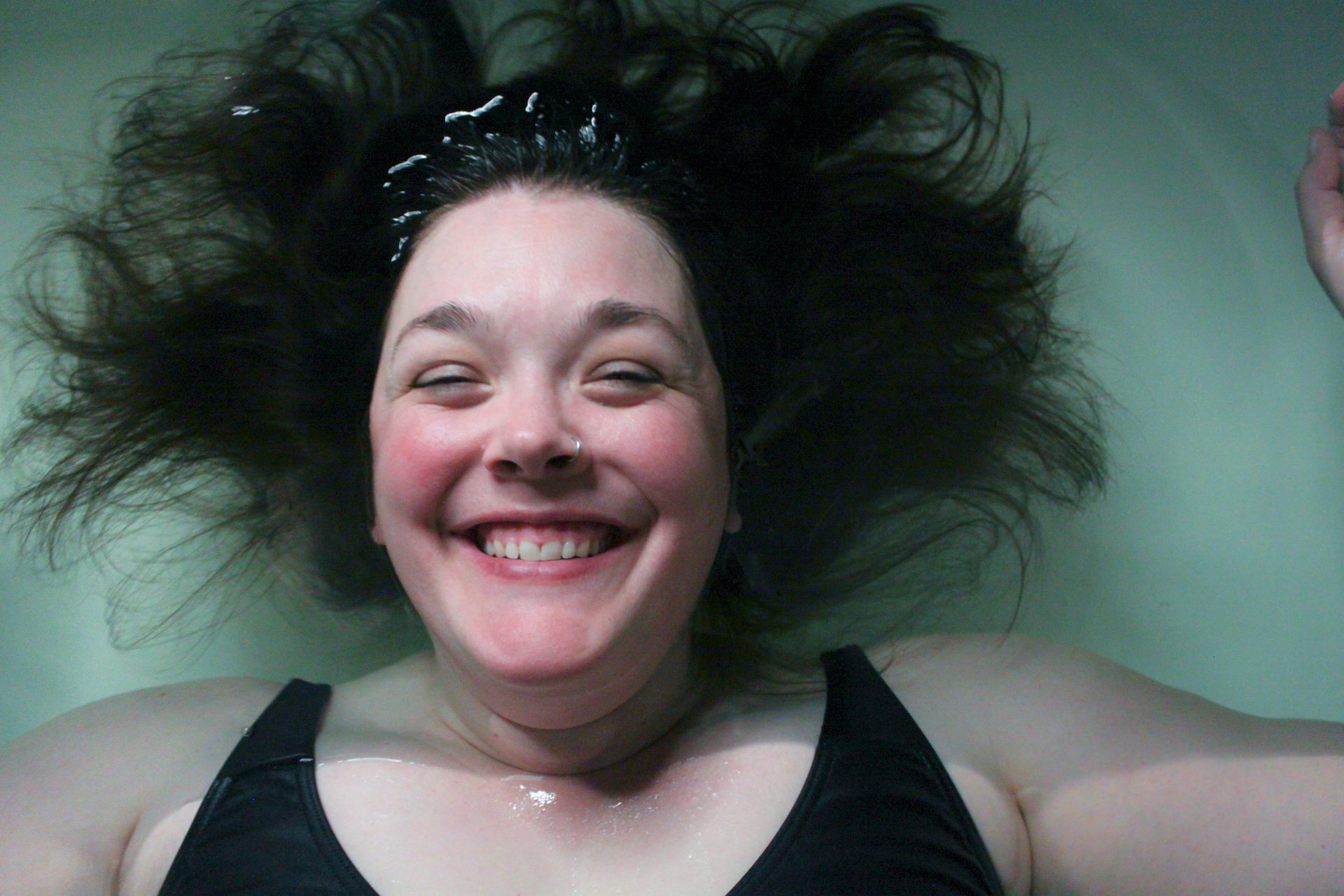The Power of Floatation Therapy: Reducing Stress, Improving Sleep, and Boosting Overall Well-being
The Power of Floatation Therapy: Reducing Stress, Improving Sleep, and Boosting Overall Well-being

Floatation therapy, also known as sensory deprivation or REST (Restricted Environmental Stimulation Technique), is a powerful method for reducing stress, improving sleep, and increasing overall well-being. The therapy involves lying in a float tank, which is filled with water that has been saturated with Epsom salt. The water is kept at skin temperature, and the high salt content allows the body to float effortlessly. With the tank closed, the floatation therapy environment is pitch black, soundproof, and free of any external stimulation.
One of the most significant benefits of floatation therapy is stress reduction. The therapy provides a unique opportunity to completely relax and let go of the constant demands of daily life. When floating, the body's production of the stress hormone cortisol decreases, allowing for a deep relaxation response. This state of relaxation can also help to reduce anxiety, improve mood, and increase feelings of well-being.
Floatation therapy is also known for its ability to improve sleep. The therapy helps to reduce the activity of the sympathetic nervous system, which is responsible for the "fight or flight" response. This reduction in sympathetic activity allows the body to shift into a more restful state, promoting better sleep. Additionally, floating can also help to alleviate insomnia, sleep apnea, and other sleep-related disorders.
Another benefit of floatation therapy is the ability to improve focus and creativity. Floating can be seen as a form of meditation, as it allows the mind to relax and enter a state of alpha and theta brainwaves. This state of mind is known to be conducive to creative thinking and problem-solving. Many artists, writers, and musicians have reported that floating helps to boost their creativity and productivity.
Floatation therapy can also help to alleviate pain, improve athletic performance, and promote overall physical well-being. The buoyancy of the water in the float tank helps to take the weight off of the joints, allowing for a reduction in pain and inflammation. Additionally, floating can also help to improve athletic performance by reducing muscle soreness and fatigue.
Floatation therapy is a safe and non-invasive method of improving overall well-being. The therapy is suitable for people of all ages and can be used to treat a wide range of conditions, including stress, anxiety, insomnia, pain, and more. However, it's always recommended to consult with a healthcare professional before starting any new therapy, especially if you have a medical condition or are pregnant.
In conclusion, floatation therapy is a powerful method for reducing stress, improving sleep, and increasing overall well-being. The therapy provides a unique opportunity to relax and let go of the constant demands of daily life, promoting better sleep, focus, creativity, and physical well-being.
Floatation therapy is safe, non-invasive, and suitable for people of all ages, we recommend clicking the button below and giving it a try and experiencing the benefits for yourself.












